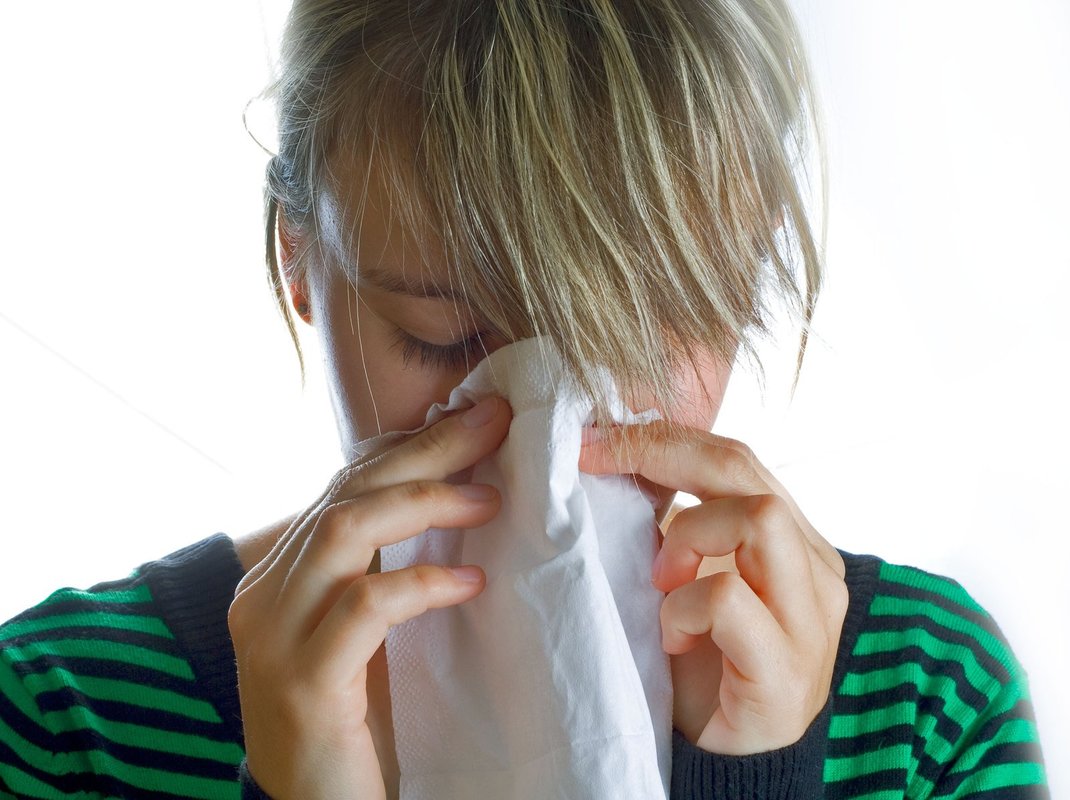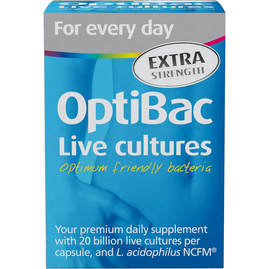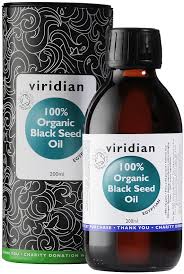|
Spring has finally arrived, flower’s are blooming, it’s light in the evening and the trees are awakening from their slumber, but for an unfortunate few (15% of the UK population (1)) this also means a heightened immune response resulting in sneezing, runny nose and itchy eyes, I am of course talking about pollen allergies or hay fever. Standard treatment from the GP is includes nasal spray and antihistamines which can be very effective in reducing the immune response. Antihistamines work by suppressing the immune response so that when pollen is encountered by the immune system, the reaction is less severe, reducing symptoms, unfortunately reducing the immune response means that other potential pathogens may enter the body unchecked, drowsiness is also a commonly reported side effect (2) resulting in many people seeking alternative treatments. Fortunately research shows that nutritional supplementation can be as effective as antihistamines in reducing the symptoms of pollen allergies. Around 70% of the immune system lives in the gut, this makes sense when you consider that the most common ways in which pathogens enter the body is through the mouth and the nose, through eating and breathing. Pathogens that survive the stomach encounter beneficial bacteria in the gut, which through a process called cross talk communicate with other cells to mobilise the immune system. Several studies (3) (4) have shown that’s probiotic supplementation can help to reduce the symptoms of pollen allergies. The oral ingestion of local honey is thought to take advantage of this mechanism, also showing a reduction of symptoms in birch pollen allergies (5).
A study by Alsamarai et al (6) showed that six week supplementation of black seed oil (Nigella Sativa) take as a nasal spray reduced symptoms of suffers with the only reported side effect being nasal dryness, many would agree that’s a small price to pay. Black seed oil can also be taken orally and has also shown a benefit. In 2018 a study was undertaken to assess the effectiveness of acupuncture on antihistamine use (7), the study found that acupuncture reduced antihistamine use and improved quality of life for sufferers. At Bawtry natural health we’re lucky to have an experienced acupuncturist, Noah who has successfully treated people with hay fever over many years. Don’t suffer, we may be able to help! References 1 Gupta R, Sheikh A Texas al, Time Trends in allergic disorders in the UK, Thorax 2007, 62(1):91-96. 2 Day J, Pros and cons of the use of antihistamines in managing allergic rhinitis, Journal of Allergy and Clinical immunology, 1999 S 369 3 Miraglia Del Giudice M, Indolfi C et al, Bifidobacterium mixture(B longum BB536, B infantis M-63, B breve M-16V) treatment in children with seasonal allergic rhinitis and intermittent asthma, Italian journal of paediatrics, 2017 43(1):25 4 Dennis-Wall JC, Culpepper T et al, Probiotics (Lactobacillus gasseri KS-13, Bifidobacterium bifidum G9-1, and Bifidobacterium longum MM-2) improve rhinoconjunctivitis-specific quality of life in individuals with seasonal allergies: a double-blind, placebo-controlled randomised trial, American journal clinical nutrition, 2017, 105(3):758-767 5 Saarinen K, Jantunen J, Haahtela T, Birch pollen honey for birch pollen allergy- a randomised controlled pilot study, International archives of Allergy and Immunology, 2011, 155, 160–166 6 Alsamarai AM Abdulsatar M, Alobaidi,, Evaluation of topical black seed oil in the treatment of allergic rhinitis, AHA Anti-inflammatory & Anti-Allergy Agents in medicinal Chemistry, 2014, 13 75-82 7 Adam D, Grabenhenrich L et al, Impact of acupuncture on antihistamine use in patients suffering seasonal allergic rhinitis: secondary analysis of results from a randomised controlled trial. Acupuncture medicine,2018, ePub
0 Comments
Leave a Reply. |
AuthorTaz Faruqi, award winning Amatsu Therapist and registered Nutritional Therapist. Archives
May 2019
Categories |
HoursMonday-Saturaday
10-5pm Address30-32 South Parade
Bawtry DN10 6JH South Yorkshire Contact |
Fill in the form to subscribe to our mailing list. You will receive a few of emails a month about special offers, services, events and workshops. |




 RSS Feed
RSS Feed